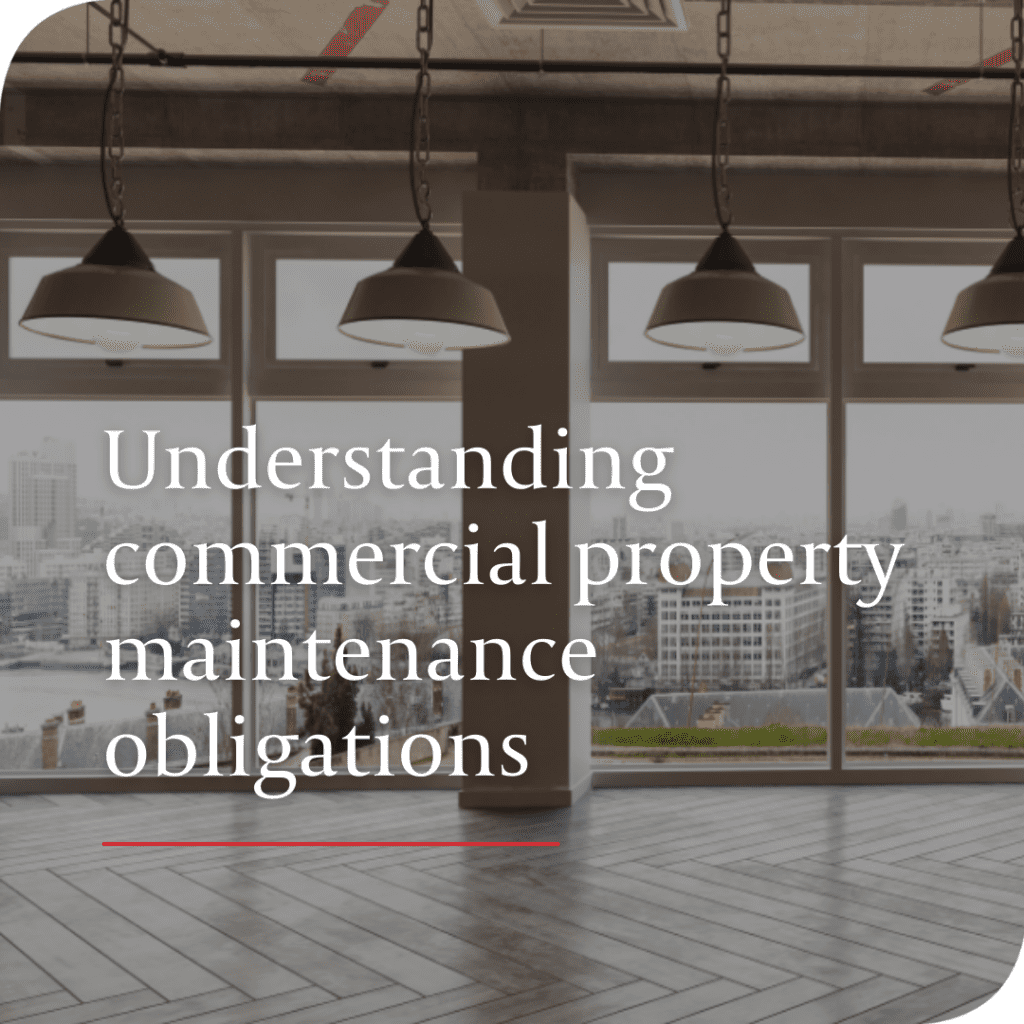
Rents are rising across much of the UK, and landlords are understandably keen to ensure their properties are keeping pace with the market. But there’s a balance to strike between staying competitive, retaining good tenants, and staying within the legal limits. One of the most common questions we get from landlords is: how often can a landlord increase rent?
In this guide, we’ll walk you through when and how rent increases can be applied, what notice you need to give, and how to handle rent reviews in a way that protects your investment and keeps your tenants onside.
How often can a landlord increase rent?
The answer depends on the type of tenancy agreement in place:
For periodic tenancies (rolling month-to-month contracts):

You can usually increase the rent once per year unless your tenancy agreement says otherwise. You must give at least one month’s written notice and use a formal process, typically a Section 13 notice.
For fixed-term tenancies (e.g. 12-month ASTs):
You cannot increase the rent during the fixed term unless:
- The tenancy agreement includes a rent review clause, or
- The tenant agrees to the increase in writing.
Otherwise, you’ll need to wait until the term ends and propose a new rent amount when offering a renewal.
Upcoming changes under the Renters’ Rights Bill
The Renters’ Rights Bill, due to be implemented this summer, will introduce some changes to how rent increases can be handled. Landlords will need to provide a minimum of two months’ notice, and tenants will have the right to challenge any proposed increase via the First-tier Tribunal if they believe the increase is not in line with market rates.
Best practice for increasing rent
Even if you’re legally allowed to increase the rent, it’s important to take a fair and considered approach. Here are some key things to bear in mind:
1. Do your research

Use local market data to assess comparable rents. At Jacobs Steel, we can help you benchmark your property so you’re neither undercharging nor pricing yourself out of the market.
2. Communicate clearly
Surprise rent increases rarely go down well. Give your tenants plenty of notice, explain your reasons (e.g. rising maintenance costs, mortgage rates), and keep it professional.
3. Consider modest, regular increases
Small annual increases are often easier for tenants to accept than large, infrequent hikes. This can also help you avoid gaps in rental income caused by tenant turnover.
4. Use formal documentation
If you’re using a Section 13 notice or renewing a tenancy at a new rent, make sure the paperwork is clear and compliant. If in doubt, speak to a lettings expert or legal advisor.
When not to increase rent
Sometimes, keeping the rent steady is the smarter move. For example:

- If you’ve got a long-standing, reliable tenant who pays on time and looks after the property.
- If the market is soft and there’s a risk of a void period.
- If the property needs repairs or improvements that haven’t been completed.
Retaining good tenants can often be more profitable in the long run than chasing a slightly higher monthly income.
Let us help you get it right
At Jacobs Steel, we work closely with landlords across the South Coast to help them maximise rental returns while staying on the right side of the law. If you’re wondering how often can a landlord increase rent, or how much you should be charging, get in touch with our lettings team today.
Thinking of letting your property?
Whether you’re preparing your first rental or growing your portfolio, our friendly Lettings team is here to help. Get in touch with your local Jacobs Steel branch today for expert advice and a free lettings valuation.
Other articles you might enjoy



The Renters Rights Bill is coming
Download our free guide ’10 Things Every Landlord Should Know in 2025′
